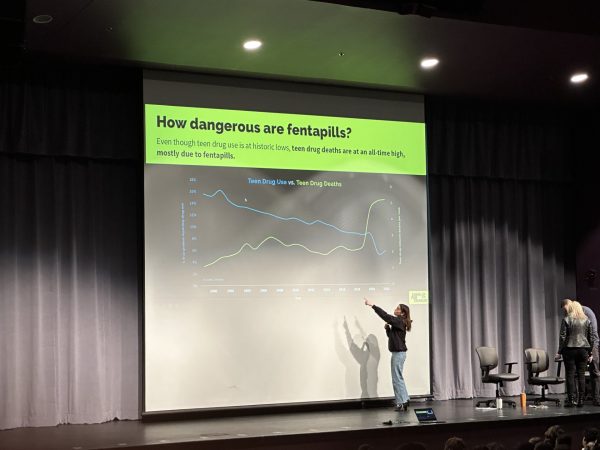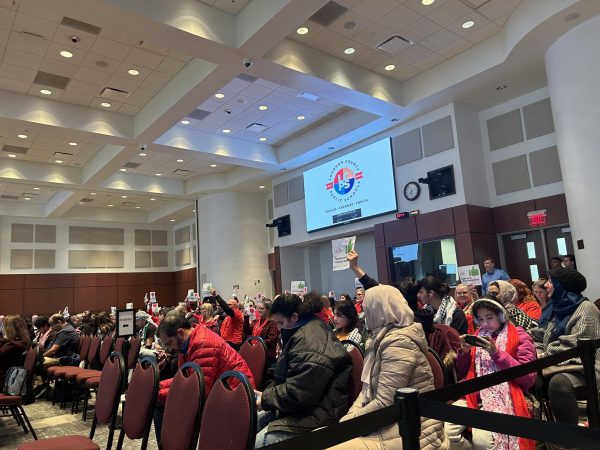Political Pandering Ramps Up
In the crowded 2016 race, many candidates on both sides of the aisle are willing to do almost anything to garner attention and votes. Sometimes, however, these stunts go too far. Candidates, in what usually begins as an innocent attempt to gain likability points with certain voter blocs, find themselves outwardly going against their beliefs or trying too hard to appeal to a specific demographic and are subsequently slammed in the media. Most of the times, these blunders are relatively minor and disappear quickly from a candidate’s ledger. However, on occasion, these mistakes have the opportunity to define a candidate’s campaign for an extended period of time.
Hillary Clinton’s campaign is perhaps the most egregious offender when it comes to excessive bloc pandering. Following Chelsea Clinton’s announcement that she was pregnant with a second child—Hillary’s second grandchild—the Clinton campaign published an article entitled “7 Things Hillary Clinton Has in Common with Your Abuela”. Clinton’s use of the word ‘abuela’ throughout the article was rightly seen by many Hispanics as a pathetic attempt to appeal to them. In response, several Hispanic Twitter users began using the hashtag ‘#NotMyAbuela, describing ways in which Clinton had nearly nothing in common with their grandmothers.
A week later, Clinton made another Twitter-related misstep: on the first day of Kwanzaa, a holiday created for and celebrated principally by African Americans, she changed her Twitter photo to a stylized version of her signature ‘H’ logo replete with the colors of the Jamaican flag and topped with Kwanzaa-style candles. In response, many African American Twitter users, who lambasted Clinton’s flip-flops on many key social issues, began posting their own edited versions of Clinton’s logo using the hashtag #NewHillaryLogo. After the hashtag began trending on Twitter, the Clinton campaign changed her Twitter photo back to the generic ‘H’ logo.
Excessive pandering isn’t exclusive to Clinton, however. Republican candidate Carly Fiorina, desperate for a bump in the polls after a steady decline in media coverage and popularity, made a twitter post in support of the University of Iowa football team in the Rose Bowl against Stanford. The problem? Stanford is Fiorina’s alma mater, and she hails from the state of California. Most saw Fiorina’s post as a calculated move to win cheap votes ahead of the Iowa Republican caucus on February 1. Fiorina attempted to defend her move in saying it was “tongue-in-cheek”, but the damage to the authenticity of her campaign and message was already done in the eyes of many voters.
No candidate is innocent entirely of pandering to voters—that’s why campaign visits to family-owned restaurants and hosting political rallies are so ingrained in the American Presidential system. However, candidates should be more cautious of the sometimes-obfuscated line that indicates they’ve gone too far in presenting an inauthentic front to their electorate.












